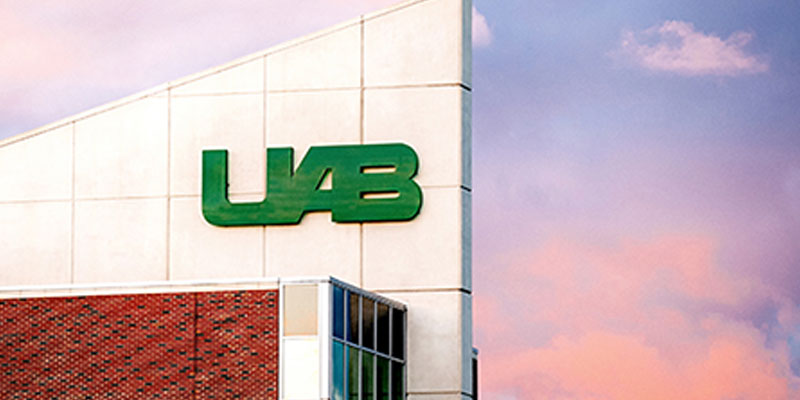Alabama ranks 45th in broadband access for its residents, making internet growth a vital infrastructure issue and a topic of discussion in the upcoming elections.
In advance of the June 5 primary, Alabama Policy Institute and Yellowhammer News queried candidates for governor and lieutenant governor on what they felt were important infrastructure investment projects and their solutions to funding them without wasting too many taxpayer resources. Most candidates focused strictly on such issues as roads and bridges, but some discussed broadband needs.
Huntsville Mayor Tommy Battle, who is running for governor, pointed out that under his leadership, the city embarked on a project to extend fiber to every city resident in Madison County. Huntsville is leasing its fiber to Google Fiber, which will provide gigabit-capable speeds across the Rocket City.
“Roads and infrastructure investment is vital to our growth and prosperity, but we must also be working on and investing in the infrastructure of tomorrow, like fiber internet service,” Battle said.
“Alabama is far behind the curve in providing quality internet access to residents,” he continued. “I have a better vision and plan to make Alabama a more connected state.”
The incumbent, Gov. Kay Ivey, discussed the need for better access across Alabama in her State of the State address earlier this year, saying better connectivity would improve education and health care and better enable the state to attract jobs. She pointed out in her answer to API that she supported and signed the Broadband Accessibility Act during the 2018 legislative session.
That bill will offer grants for private internet providers and electric cooperatives to provide broadband access to underserved rural areas. The bill’s sponsor, Sen. Clay Scofield (R-Guntersville), originally wanted to offer tax credits instead, but the funding mechanism was changed in the House.
“This law is an important step to moving Alabama forward by ensuring our citizens have the tools and resources needed to succeed in this modern economy,” Ivey said.
“I plan to continue to work with existing Internet providers, education leaders, healthcare providers and others to identify even more ways to expand our broadband capabilities so that every citizen who needs access will have it available,” she added.
Rep. Rusty Glover (R-Mobile), a candidate for lieutenant governor, said the “knowledge economy,” specifically the disciplines of science, technology, engineering and mathematics, demands a digital infrastructure.
“We started with the broadband bill, which can insure (sic) a better quality of service, which will in-turn attract businesses to Alabama – and especially those areas of rural Alabama which needs jobs the most,” he said.
Glover said he supports President Trump’s infrastructure plan, which doesn’t mandate funds for broadband investment, but does consider high-speed internet a priority.
Twinkle Cavanaugh, a lieutenant governor candidate and current president of the Alabama Public Service Commission, called infrastructure “the backbone of commerce.”
“It is our duty to provide job creators with high speed connectivity, low-cost electricity, and a dependable network of roads, bridges, and waterways, so they can thrive and create new jobs,” she said.












